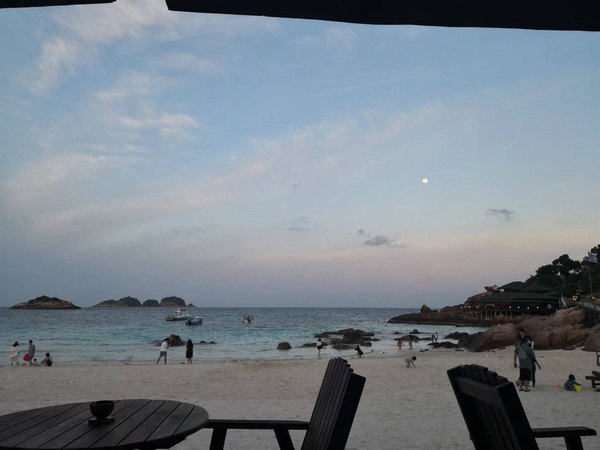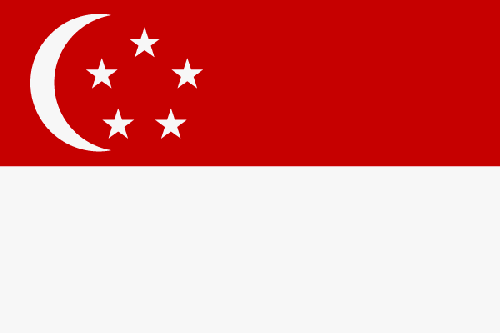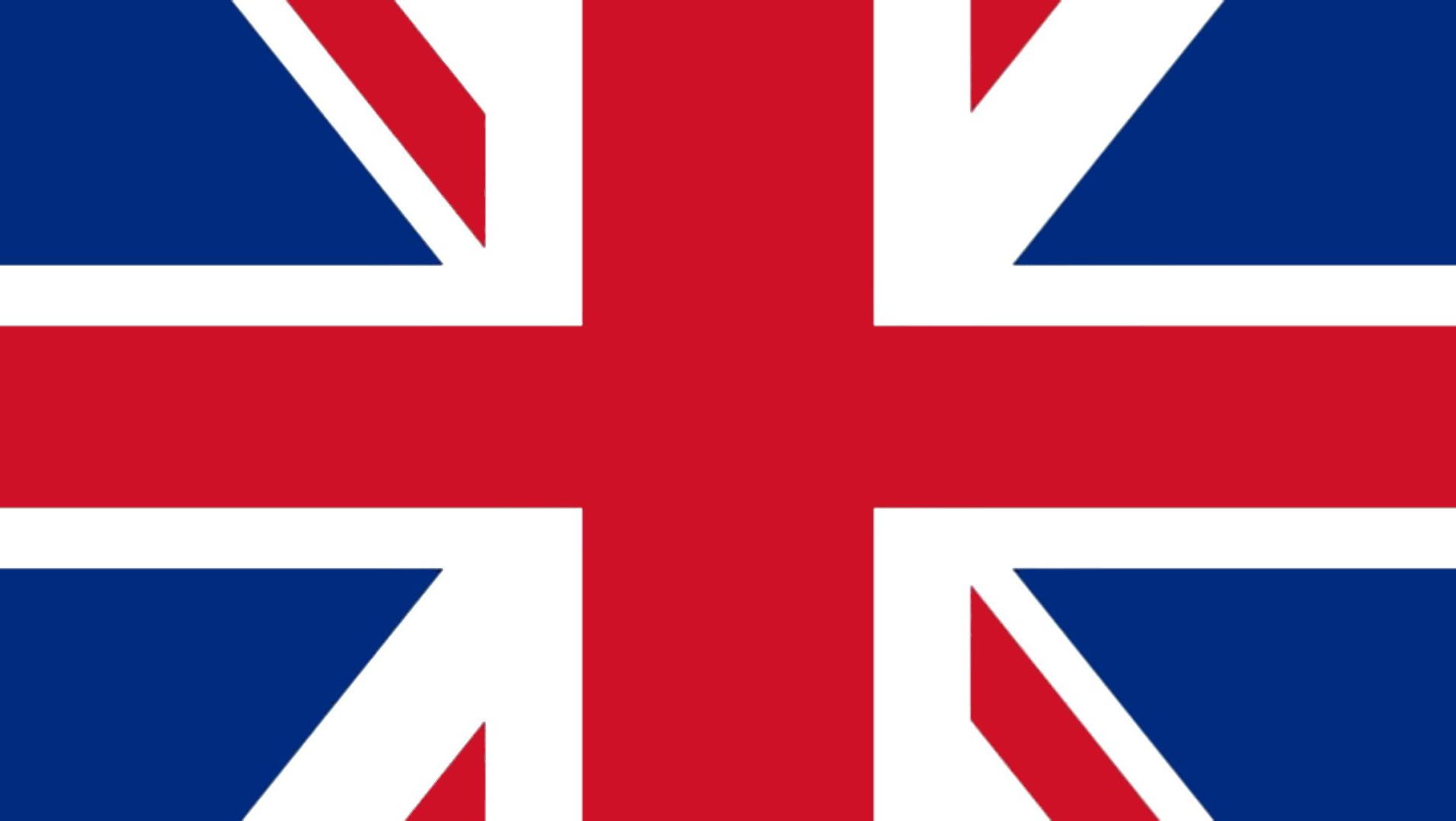雅思口语考试。一般分为三大部分,第一第二部分是考生们都比较喜欢的部分,但是第三部分就另很多考生感到压力了,毕竟第三部分要面对口语考官时,会由于紧张而跟不上考官得节奏,对考官提出的问题也不是很能理解,所以这时候很多考生就会在考前提前了解雅思口语part3有多少题目,然后背诵一些常考题型,加深印象,这样在考官提问时就好理解了,那么今天小编就为大家准备关于part部分的题库,大家一起来看看吧!
一、雅思口语par3有多少题目
1.雅思口语part3原因类问题
原因类问题,顾名思义,就是对某件事情或现象的原因进行分析。通常根据不同的题目从不同的大方向分析,或者社会普遍现象着手,例如:从政府角度、经济发展、历史原因、文化背景、宗教特点、家庭情况、个人经历等不同方面来分析。
下面我们来看看具体的问题模式:
Interviewer: Why....?AA/hat is the reason of...?
Interviewee: Well, it is a topic that people have been talking about for quite a while. Some believe that ...is the main reason why others claim that it is a natural result of the fact that ... Well, I can’t say whose side I am on. They both make their points. I guess the reason is a little bit of both.
所以当遇到具体的问题时,考生可以直接填充内容即可,当然,在这个环节上考生要做到语言精准、流利,表达自然。这里也只是比较常见的一种问题形式,并不是唯一的一种,考生参考即可,以便在备考的时候能够有章法可循,part3兼顾之。在实际的考试中还是要根据具体的问题进行展开。
2.雅思口语part3观点类问题
观点类的题目实际上是由分析类题目派生出来的,简而言之就是对一些问题和观点进行分析然后表明自己的观点。在近几年的雅思口语第三部分考题中,考生被大量问到“Should...do...? Explain why.”显然,这类话题的一个标识单词就是“Should”。大家在考试中一旦被问到什么是否应该怎样时,就要马上反映到这类话题的回答形式。这就是我们下面要讲的内容。观点类话题的问题和回答形式一般可以归纳如下:
Interviewer: Should ...do...? And explain why.
Interviewee A: I suppose the answer is yes". As we all know, it has a lot of benefits. For starters ...And we can't deny the fact that ...It is very hard to imagine how ...can ...without...! And most importantly ...I don't think there is anyone in the world who wants to see the day when ... Therefore, let us...!
Interviewee B: I think it is a mixed blessing. It is good for ...to... but it can be bad because ...So it is very hard to give a definite "yes" or “no” as an answer. It is just like there is a fine line between everything; try not to cross the line!
其实,观点类话题一般从一方面讲就好,所以相对没有那么难。当然,在这个环节上考生要做到对各个方面分析到位、深入,答案要饱满,语言要精准,就能十拿九稳了。
二、雅思口语怎么拿高分
根据很多雅思口语拿到高分的考生的反馈和经验,都一致认为找一个专业的外教进行练习很有必要。分享一下小编在用的app:留小留,可以随时和世界各地的Native Speaker进行一对一的口语对虽然有很多人都对雅思考试有所向往,但能够付出行动的人并不多,很多人去考雅思也是为了有一个能够证明自己英语水平的一个证书,真正因为喜欢英语而考雅思的当然也有,只不过占的比例比较小,而前者在有考雅思的打算时,肯定会主动去了解报考的事项,以及雅思口语考试流程和注意事项等,了解过后才发现其实考雅思的流程并没有大家想象中这么简单,光是报名费和考位竞争这些问题就让很多人犹豫了,那么今天小编就针对这些问题,给大家做个详细解答,大家可以做下笔记哦。练,里面有很多专业的雅思外教可以选择,而且还有前雅思高级考官,强烈建议考试前跟雅思考官模拟测试一下。这个软件用起来就跟打微信语音/视频电话一样,质量很清晰。这个是最让小编感到意外且性价比超级高的一个APP了。小编长期练习的一个外教陪练是英国的Leila,她不仅口音纯正,而且人超级nice,她本人还是一个摄影师,小编也经常跟她交流摄影方面的技巧。
不过大家在跟外国人练习雅思口语的时候,小编有2个建议:1是提前准备一个话题,带着话题去跟他们练习能让你学到很多地道的表达;2.是不一定非要选择欧美的老外,像有些南非、菲律宾的也很专业,练习口语也不错。
三、雅思口语part3万能模板
解决型
此类题目大多是问考生对于某个现象或者某样事物的不利方面,甚至是提出一个比较具有争议性的问题,要求考生对于该问题给出自己认为的比较合理的解决方法。
Q: What are the things you dislike on ... and how do you think those things can be solved in the future?
A: Well, speaking of the things I dislike on ..., the first thing pops into my mind is ..., which I think is a natural result of ..., so I suppose a systematic and reasonable regulation and rule should be carried out based on currently unsatisfactory situation. Hum, ... sounds like a good idea, and ... might contribute a lot to this situation as well.
展望型
要求考生对于某样事物的未来发展或者趋势做一个简要的描述。 Q: How do you think of ... in the future?
A: Well, although ... be not perfectly developed yet, I have to say it is a cool thing and its advantages are far outweighing its disadvantages. And with the joint effort coming from both government/and individual, I firmly believe that the future of this issue will be very bright.
途径型
对于具体如何做某件事情,提出一个具体的方案或者思路。
Q: How to do something? Can you recommend some ways to do ...?
A: Well, there are obviously plenty of ways to do ..., and it varies a lot from people to people. But for me, the top priority is ...; Another factor I take into consideration is ...; One more way I can think of is ...
态度型
即对于当前常见话题提出自己的观点或见解。建议考生提出自己的观点的时候,可以多结合一些实际生活情况来谈谈,充实口语内容。 Q: How do you think ...? (importance of ...)
A: Well, this has already become a buzzword which is so popular that it will pop up everywhere every time when you read newspaper, glimpse magazine or surf the Internet. Of course, opinions vary greatly from people to people. I think this is a cool thing. Because firstly ..., another thing I can think of is it ...; However, there is always a fine line in everything. The same here: Don't ever go way too far.
A: Well, we are all living in a world where ... is becoming more and more important. It is very hard to imagine how someone can survive without doing ...; And obviously, it has become the one of the very few things that can't be measured in terms of money.
活动型
活动型就是问考生具体做某件事情或者参加某个活动的一个过程,要注意时态的使用。 Q: What do you usually do when ...?
A: First, I have to say there isn't any particular thing I usually do when ..., it varies a lot. Say, it depends on .... If ..., I will do ...; I would do ... if .... Sometimes just go with the flow.
四、雅思口语换题季节
在每年的1月、5月、9月雅思口语会进入换题季。雅思口语大概有20%-30%的旧题需要被换掉。
PART 1 基础题
话题数量: 30-35组,换题比例: 30%-40%
基础题分三类:
第一类:必需准备的话题,也就是我们常说的基础题必考话题 (优先练习)
Study/work(在校生无需准备work)。从Do you work or are you a student 开始,问题都是关于学习or工作的最基本信息。超过50%的考生遇到的第一组话题都是它。不准备就等着狗带吧~
Hometown/where you live。问题相似,差别在于一个是家乡,一个是现在居住的城市。一般涉及对该城市的喜好和评价。30%左右的考生会在第一组话题中遇到。属于“即使裸考也要提前想想”的一类重要话题。
accommodation。出现频率相对低一些,但也是常年存在题库中的高频话题。
第二类:题库的新题
第三类:新题。
新题的来源包括老题重现+老题的变化问法+少量全新题
回归可能性较大的老题包括:
advertisements,animals and pets, being polite, birthdays, childhood,clothes,daily routine, films, flowers and plants, games, health and fitness, hobbies, language learning,nature, neighbours,punctuality, reading, relatives,toys, travelling,weather and seasons
历史的一些高频话题大家也不能忽略,需要好好练习。以下为大家罗列历史超高频的话题,新旧对比,大家也要重视这一环节。
advertisements;birthday;toys;punctuality;hobbies;flowers;childhood;animals and pets;being polite;clothes;daily routine;films;health and fitness;language learning and dictionaries;nature;plants;reading;games;neighbors;realtives;travelling;weather and seasons.
我们精心为大家整理的《雅思口语par3有多少题目 雅思口语part3万能模板》文章不知道大家满不满意,如果大家想了解更多语言培训相关的信息,请关注语言培训栏目。
本文来源:
https://shouye.dsxliuxue.com/news/76954.html






















